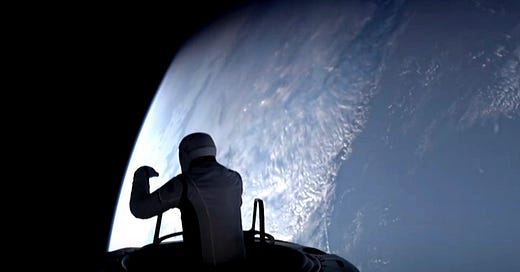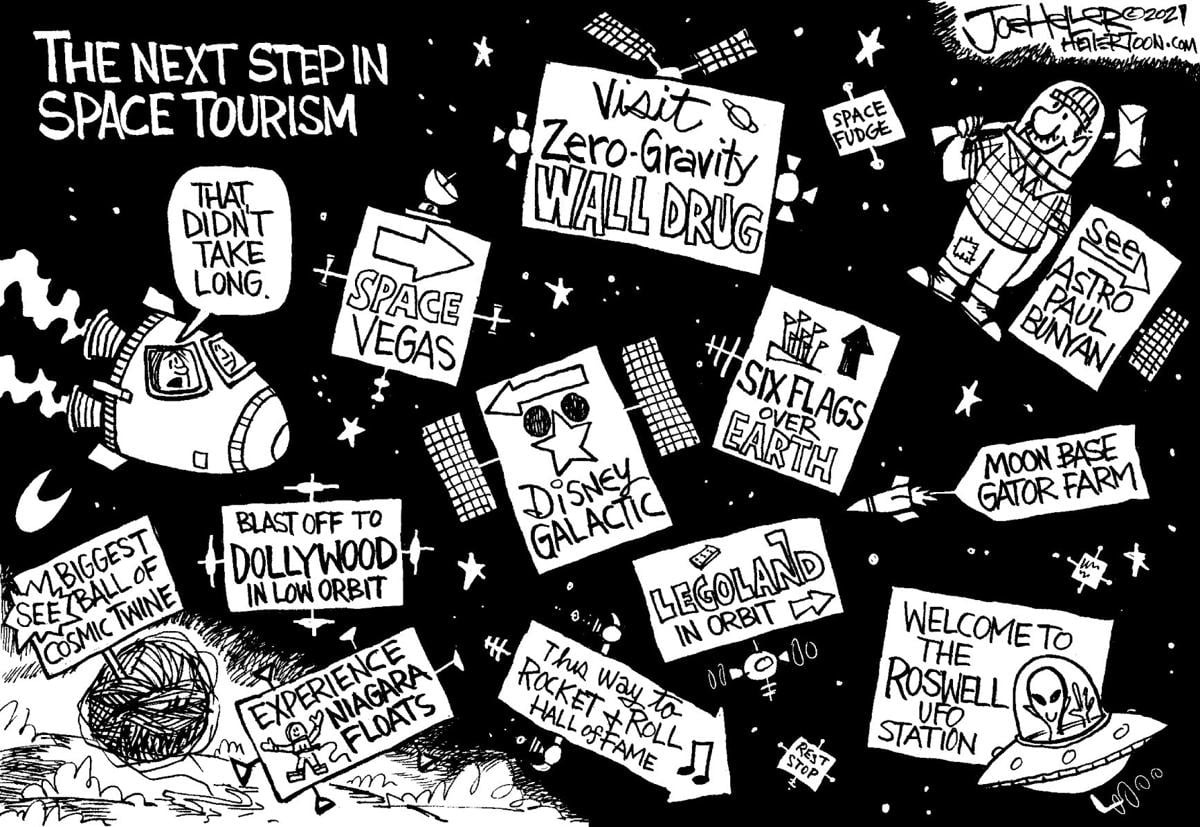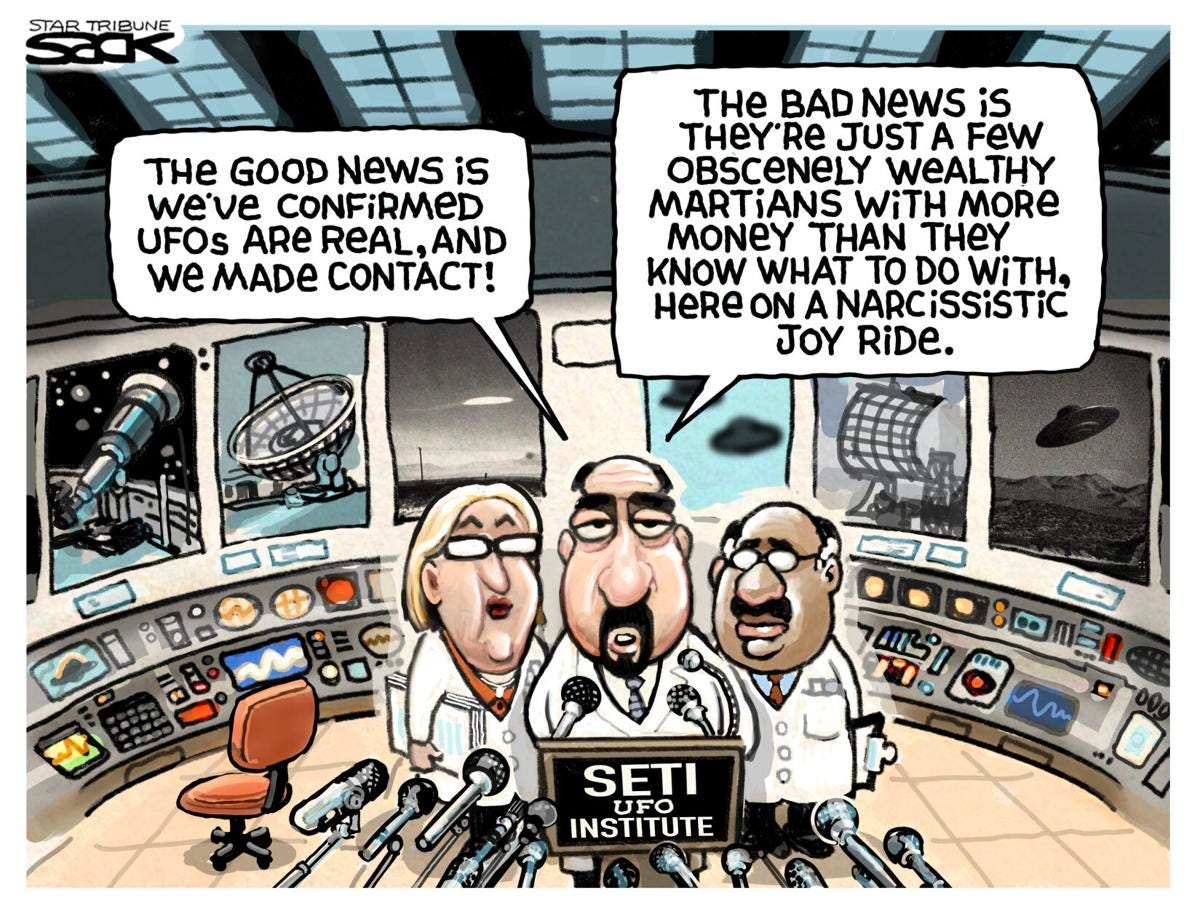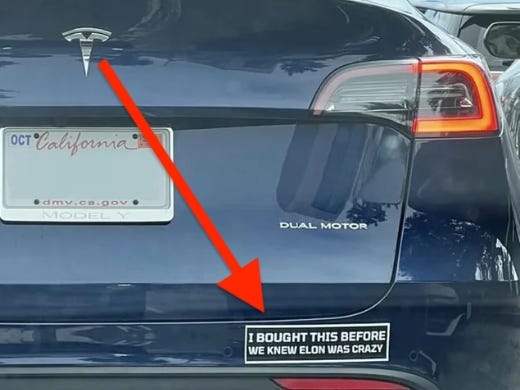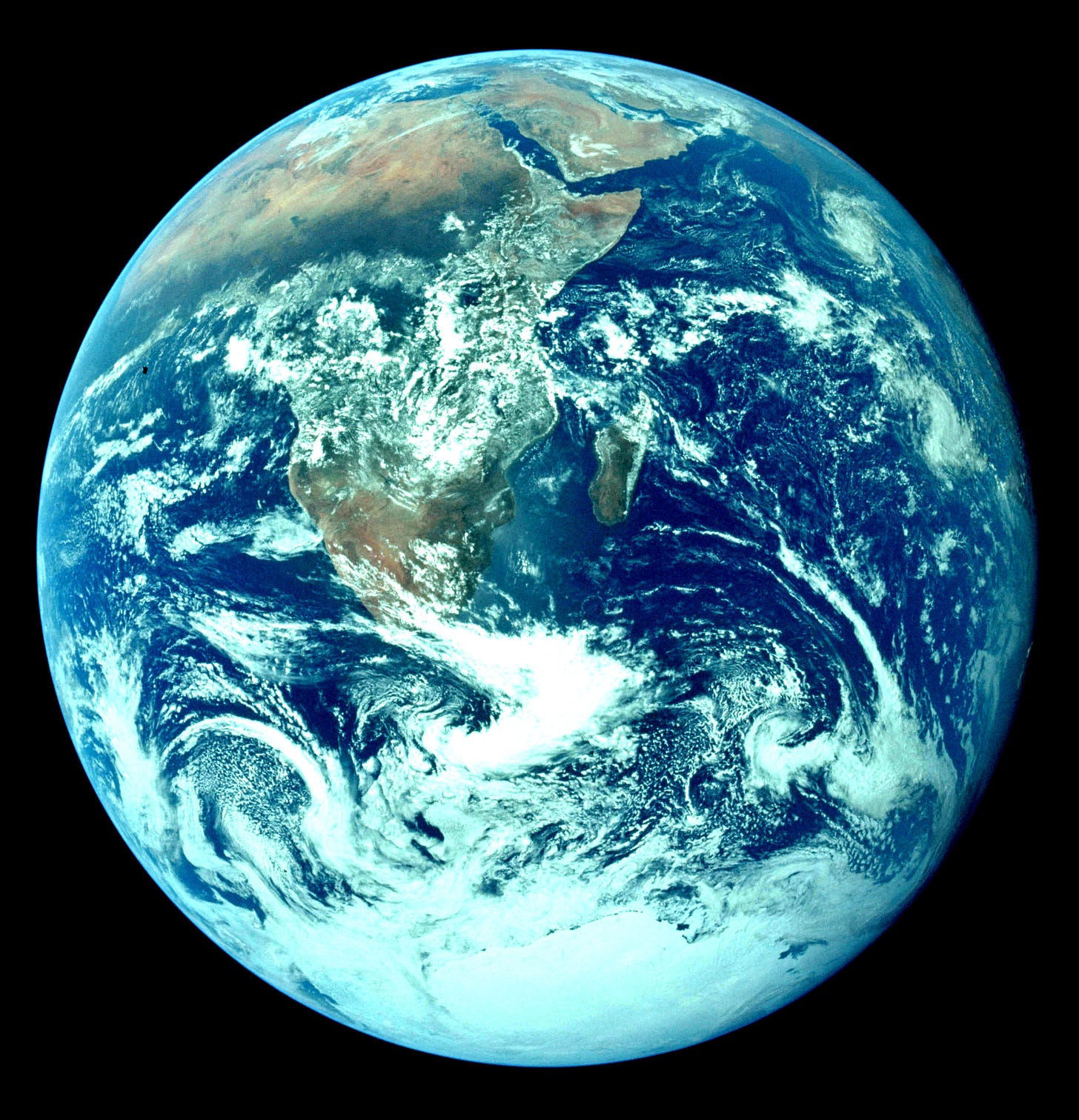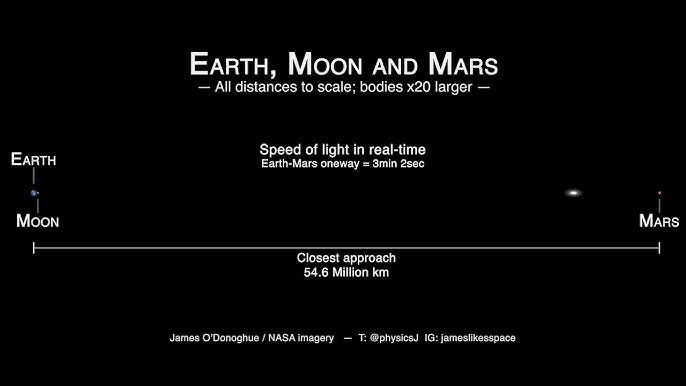Menu of this edition⌛VERTIGO OF THE WEEK - Polaris Dawn: Spacewalk or Space Hype?
💚 EMOHACKS - Experience the Overview Effect, cherish our planet, and … ride a bike.
⚖️COACHING STORIES - Is there a future for human coaching?
🗞️ BREAKING NEWS / HOT LINKS - chatgpt is reasoning!
⌛VERTIGO OF THE WEEK
You can’t escape it.
I have mixed feelings about the success of the Polaris Dawn mission.
In a nutshell, Jared Isaacman fintech billionaire and world-record pilot led a SpaceX mission september 10th, 2024, becoming the first private individual to perform a 15-minute spacewalk.
A Step Forward for Space Research
Yes, it brings a lot to research, and the industry will undoubtedly learn from it.
Yes, watching these astronauts evolve at 27,000 km per hour, 700 km above us, was surreal and inspiring.
Yes. it's a step forward in Elon Musk’s vision of humans becoming a multiplanetary species.
It’s amazing. I want to be up there.
Space Tourism: A Disconnect?
However, what’s framed as "a pioneering step towards making space tourism a reality" feels like an additional leap toward disconnected, off-ground ambitions.
The mission is paving the way for more space tourism, an industry projected to grow from $1 billion to $30 billion by 2030.
But will this new, massive industry merely repeating the same mistakes we’ve made before? Let’s dive into 2 major risks.
1) The new frontier of resource exploitation
“Most current international treaties on space, like the Outer Space Treaty of 1967 and the Moon Agreement of 1979, are defined by their ambiguity. While this ambiguity is what has allowed countries like the United States and Luxembourg to pass legislation allowing private companies to commence asteroid mining, little has been said about the regulation of resources.” Shriya Yarlagadda
You’re concerned about lack of AI regulation? Well, consider celestial bodies as the new far west gold rush:
Take asteroid 2011 UW158, for example, once estimated to be worth €5 trillion, includes more platinum than humanity has ever extracted from Earth.
Or asteroid, 16 Psyche, reported to contain US$700 quintillion worth of gold, enough for every person on earth to receive about US$93 billion.
Huge extraction expenses and benefits will fuel a new war for resources, expanding geopolitical tensions into space.
2) Power in private hands
Is it right that one person can wield so much influence?
Jared Isaacman’s mission echoes the growing concentration of power, financial or political.
I used to admire Elon Musk, for the amazing entrepreneur he is. The risk taker. The engineer. How awesome is it that spaceX is developing a tanker spacecraft to refuel Starship in orbit… and Musk is still the Chief Technical Officer of SpaceX!
It’s amazing. And I want to be up there.
However a growing part of our economy, of earth’s power and resources, of global shaping decisions, of our future, lies in the hands of a few sometimes unstable, most of the time disconnect-from-reality personnalities.
Watch this amazing 1 minute back-to-earth confrontation. Consider the stark contrast between legendary actor William Shatner and Jeff Bezos after their return from space with Blue Origin.
Shatner, visibly moved, tried to express the magnitude of what he had just experienced.
Bezos, meanwhile, is more focused on celebrating with champagne.
I remember reading a comment that stuck with me:
“With Jeff Bezos having $198.1 billion and the average person having 100 billion brain cells, Jeff Bezos literally has more money than sense.”
💡 Stay tuned for Vertigo #16, which will explore the concentration of wealth and power.💚 EMOHACKS
What can you do about it?
Experience the overview effect
Viewing the earth from space puts one in "a state of awe with self-transcendent qualities" x
When Shatner described his experience of space, he said:
“I saw a cold, dark, black emptiness. It was unlike any blackness you can see or feel on Earth. It was deep, enveloping, all-encompassing.
I turned back toward the light of home. I could see the curvature of Earth, the beige of the desert, the white of the clouds, and the blue of the sky.
It was life. Nurturing, sustaining, life. Mother Earth. Gaia. And I was leaving her.”
The NGO Onehome recreated this experience in an extraordinary series of videos.
Take 5 minutes and watch the earth turn around.
Bookmark the link and do it regularly.
Do it with your kids.
With your friends.
With your team.
Alone.
The Harsh reality of mars: enjoy what you have, where you are
Even the most comfortable city on Mars would be far worse than the worst post-apocalyptic scenario here on Earth.
In Le Siècle Bleu, an ecothriller that made my summer, Onehome founder Jean-Pierre Goux describes how it feels over there.
“400 km above earth, in the vacuum of space. The temperature goes from -120 to +100 every hour depending on whether the sun is hidden or not.
Millions of pieces of debris, vestiges of the presence of man in space, whose low Earth orbit is polluted: tools, bolts, paint chips, fragments of machines… At 28,000 km per hour (20 times the speed of a rifle bullet) each one can pierce us.
If the earth were a basketball, in orbit you are less than a centimeter above the ball. On the moon a little more than 7 meters. Mars is a kilometer and a half from the ball.”
You’re still down here for a good ride.
Reimagining mobility on earth
You don’t always need to look up.
Sometimes, it's grounding to focus on what’s right here on Earth.
Recharge your batteries, watch your village, reflect on what’s immediately around you.
Up there some might be racing for conquest.
But down here, many are fighting to reinvent mobility in ways that are more sustainable and useful.
Consider these facts:
➡️ 60% of car rides are shorter than 5 miles—a distance easily covered by bike.
➡️ Cycling 100 minutes a week reduces mortality by 10%.
➡️ Biking saves money—every kilometer cycled saves about €1 in healthcare costs (French statistic).
So, before looking to the stars for solutions, maybe start by looking closer to home
💡 Take your bike, redraw your safety perimeter⚖️COACHING STORIES
Listen here to a 3 minute podcast generated in 2 clicks based on the reviews from my clients, thanks to Google NotebookLM. (I drafted the video editing in 10 minutes, but the point is the audio)
What is coming? An endless flow of personalized content, customizable (voice, tone…), available fast and cheap.
Will people connect more with AIs or humans? Will coaching and therapy with humans still exist? What do you think?
🗞️BREAKING NEWS / HOT LINKS
Interesting to see people disappointed in the launch of GPT o1.
I see a gap widening between daily users, where case use is stagnating after the wow effect (and the “write me a poem about a disonaur falling in love with an oyster” thing)
,and research/application requiring massive training, in-depth understanding, and out-of-this-world results.
In this video, a young astrophysicist uses OpenAI's new model "o1" to generate code for measuring black holes, a task that previously took him 10 months to code.
ChatGPT reproduced it in 10 minutes after just six interactions, capturing his epic reaction upon seeing the result.
This is just the beginning of reasoning AI models.
PS: Have you taken this 8 question test? You’ll get a free personnalized feedback?
Or even better, why don’t we have a chat? I’d love for you to be listened to like never before.
Last thing, I would not want you to leave without a good playlist you can listen to while reading or just chilling.

